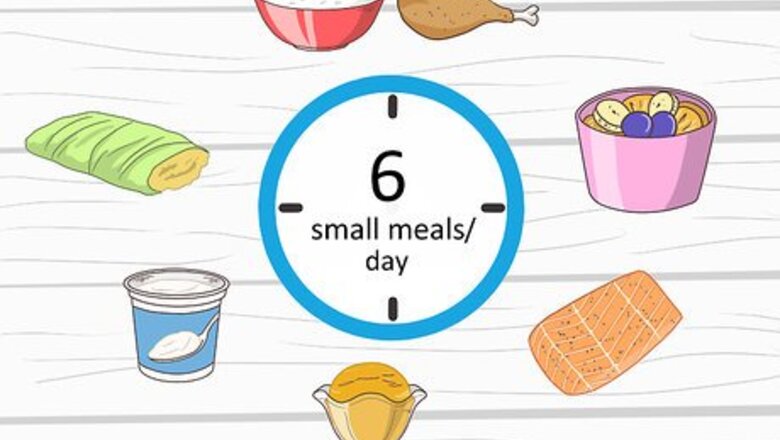
views
X
Trustworthy Source
Cleveland Clinic
Educational website from one of the world's leading hospitals
Go to source
You easily reduce flatulence with diet and lifestyle choices. If your flatulence is causing you serious discomfort, or if you think there might be an underlying medical issue, see your doctor.
Reducing Gas with Diet
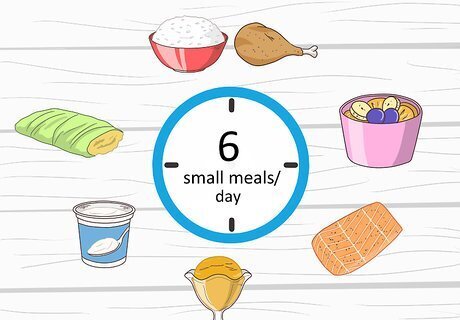
Have smaller meals throughout the day. Eat six small meals per day instead of three large meals. Your system may more easily digest fewer meals and produce less gas from them. A day of small meals might look like: For breakfast, go for a cup of yogurt with bananas and toast with butter or sugar-free jam. Have a wrap with avocado and homemade satay sauce for a mid-morning meal. Make steamed rice, vegetables, and grilled chicken for lunch. Put together a tasty fruit cup with bananas, grapes, and peaches for a mid-afternoon meal. You might also have a piece of lactose-free string cheese. Broil salmon, bake a potato and roast a selection of root vegetables for dinner. Indulge in a cup of sugar-free mango sorbet for dessert.
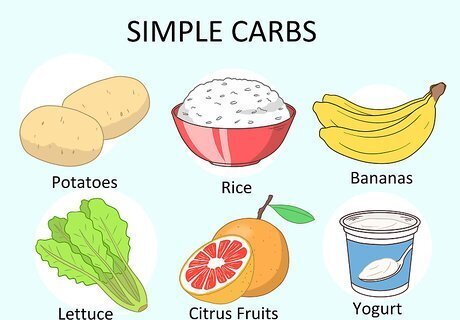
Eat easily digestible carbs. Foods that contain simple carbohydrates may be easier for you to digest. They may also produce less gas. Include any of the following simple carbs in your diet: Potatoes Rice Bananas Grapes Citrus fruits Yogurt
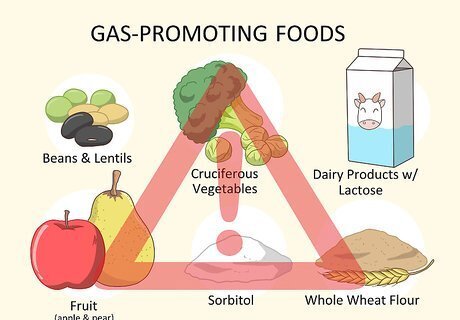
Avoid gas-promoting foods. Plan your meals each day to include easily digestible carbs. Steer clear of food choices that may create gas in your intestines. Find suitable replacements for the following gas-promoting foods: Beans and lentils. Cruciferous vegetables such as broccoli, cauliflower, and brussels sprouts. Bran. Dairy products containing lactose. Fruit such as apples and pears. Sorbitol, a sugar substitute found in some sugar-free products. Whole wheat flour. Fatty junk foods, like fast food burgers or pizza.
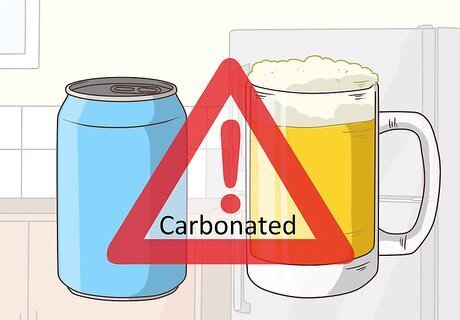
Limit carbonated beverages. Everyone likes to reach for a cold soda or beer on a hot day. But drinks with even the lightest carbonation may cause or flare up flatulence. Choose non-carbonated drinks as much as you can and allow yourself a carbonated treat no more than once a day.
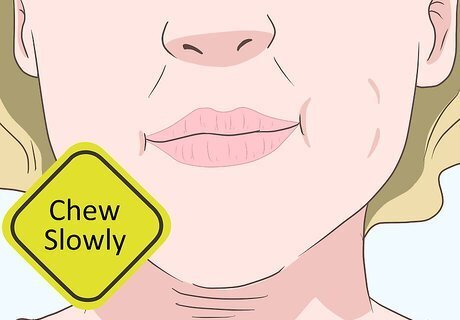
Chew your meal slowly. If you're famished or you're a fast eater, avoid the temptation to shovel your food into your mouth. Chew each meal slowly so you don’t swallow too much air. Doing this can aid digestion and may minimize the production of gas.
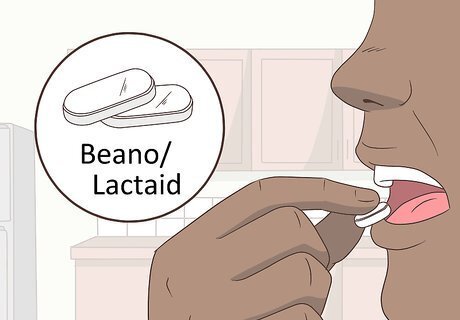
Try digestive aids. Before meals, take an over-the-counter digestive aid such as Beano or Lactaid. These have enzymes in them that can help you better digest things such as lactose or fiber. Follow dosage instructions on the product packaging.
Minimizing Flatulence through Lifestyle
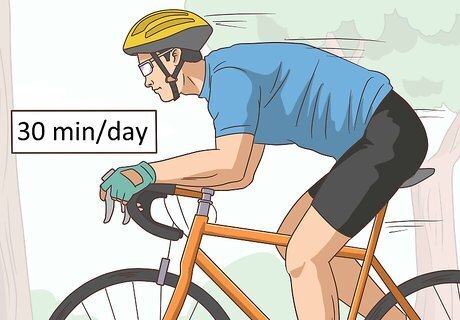
Get regular exercise. Physical activity can help your intestines expel gas and stay regular. Exercise for at least 30 minutes most days of the week. If you are unable to do 30 minutes, aim for 2 15-minute sessions of physical movement, which can also ease flatulence. Try different kinds of exercise to prevent flatulence: Running Walking Biking Swimming Yoga
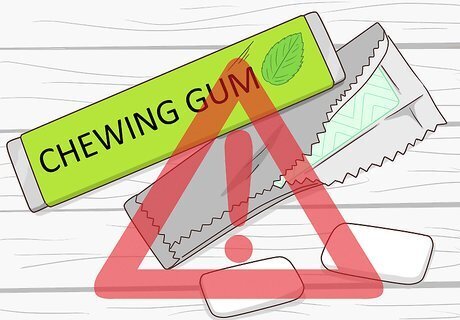
Avoid chewing gum. Fight the urge to throw a piece of gum in your mouth after meals or even if you’re bored. Chewing can stimulate your intestines and cause gas. It may also cause you to swallow more flatulence-promoting air. Stay away from chewing gums with sorbitol, an artificial sweetener, which can cause gas to build up in your intestines.

Stop smoking. Just like chewing, you suck in air when you smoke. Limit how many cigarettes you smoke every day. If you can, kick your smoking habit altogether. This may prevent excess gas in your system that causes flatulence. Speak to your doctor or healthcare professional if you are having a hard time reducing cigarettes or quitting smoking.
Getting Medical Help
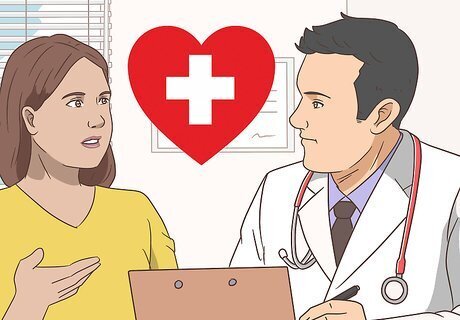
See a doctor if home remedies don’t work. If your preventative measures don’t help your flatulence, schedule an appointment to see your doctor. Let them know when your flatulence started and what you’ve done to prevent it. They can diagnose and treat potential underlying causes of flatulence, including: Celiac disease Crohn’s disease GERD ((gastroesophageal reflux disease) IBS (Inflammatory bowel disease) Lactose intolerance
Get medical help for painful or increased flatulence. If you find that you’re suddenly much more gassy than usual, or if your gas is causing you a lot of pain, these may be signs of an underlying condition. It is especially important to see your doctor if you have a hard time expelling your gas. Your doctor may need to do an x-ray or MRI to determine if you have an intestinal blockage or other serious condition.
Seek medical care if your abdomen is swollen or painful to the touch. Excessive or painful gas, when accompanied by a swollen, hard, or painful abdomen, can be a sign of a serious condition such as liver disease, an intestinal blockage, or a gut motility disorder. If you have these symptoms, see a doctor right away. Your doctor may be able to prescribe a medication to reduce gas and other bowel symptoms. They may also prescribe enemas to help move material through your intestines and reduce discomfort.














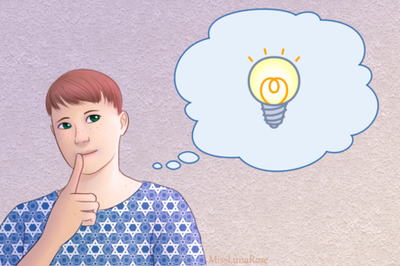
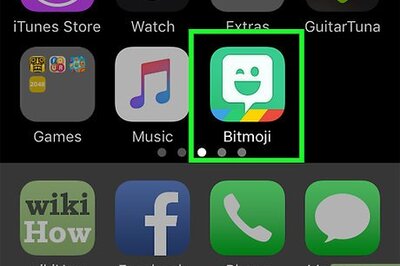



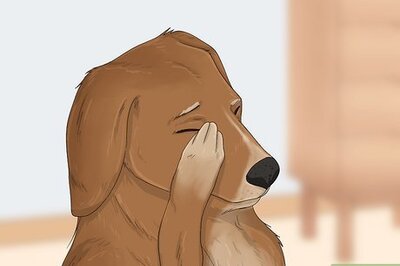
Comments
0 comment